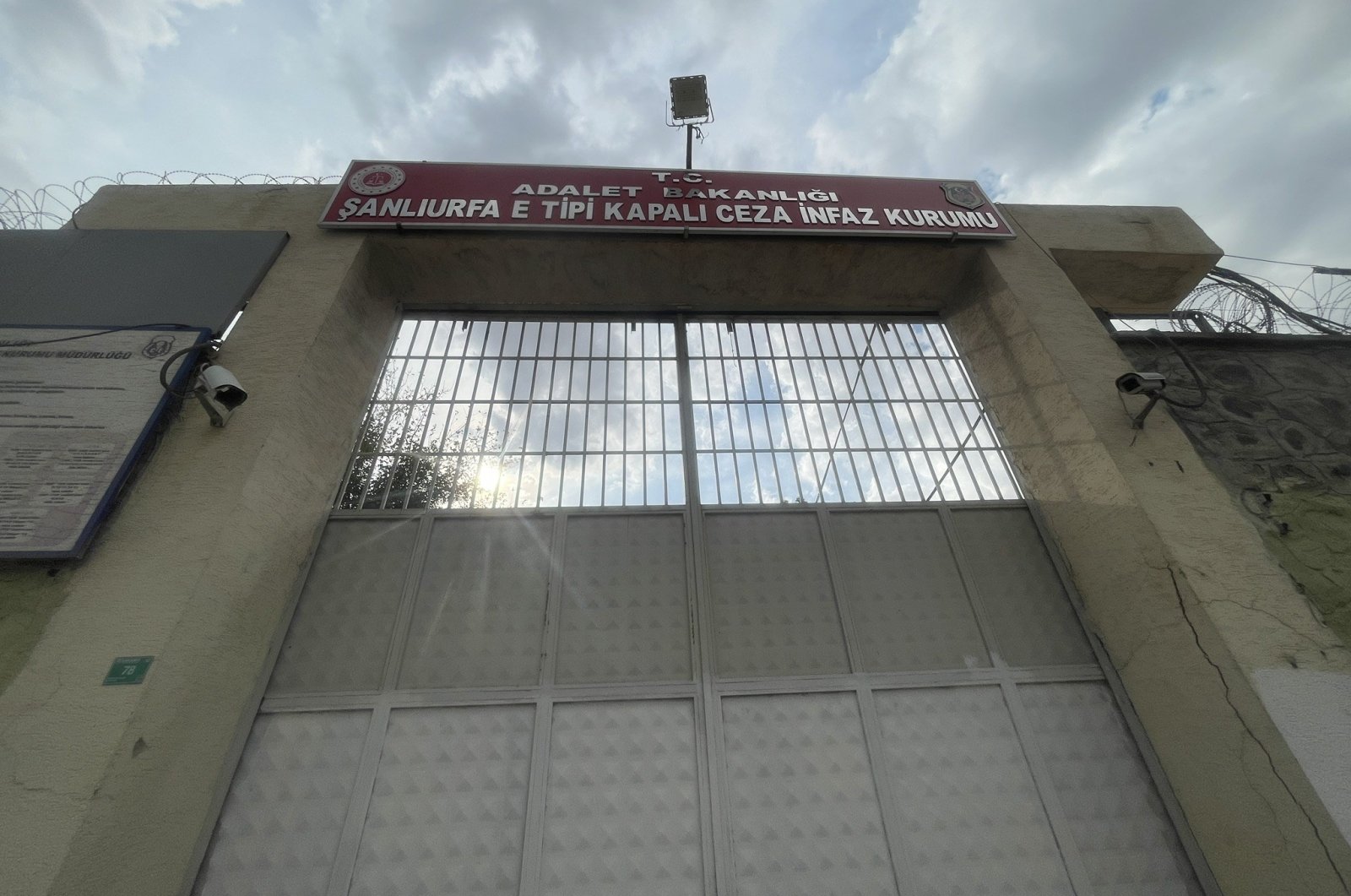
Defendants getting away with lenient sentences in several criminal cases in recent years have sparked a debate over impunity in the Turkish legal system. As the government plans to introduce longer prison terms for violent crimes, jurists say amendments are necessary to the penal code to instill confidence in justice.
Criminal records of suspects in headline-grabbing cases and the fact that they walked free despite lengthy rap sheets triggered a public outcry in the country. The latest example was a young man who shot dead a policewoman during an operation to capture him in Istanbul. The suspect in question had 26 past offenses but was released repeatedly as the cases did not require immediate incarceration and were often handed suspended sentences.
Lawmakers are now working on legal amendments to keep the suspects in prison even if the offenses they commit carry lenient sentences and therefore allow them to be released without serving any time.
President Recep Tayyip Erdoğan recently highlighted the issue of people sentenced with less than six years in prison who often do not serve time and how this angered the public. The president vowed that they would implement more deterrent regulations to ensure an efficient fight against crime through higher prison terms. Justice Minister Yılmaz Tunç has also pledged to end the perception of impunity in some crimes and that they could do that by changing the minimum sentence convicts have to serve.
Yasin Şamlı, chair of Istanbul’s Second Bar Association, told Anadolu Agency (AA) on Saturday that the perception of impunity draws the ire of people. "Crime is an exception to the rule of order. If criminals are not properly punished or at least, the public thinks this is how things work, it creates strife,” he said. Şamlı said suspended sentences, prison terms downgraded to monetary fines and suspended fines contributed to this sense of impunity. "Convicted people do not even step into prison. An overhaul of current laws is overdue. I agree with our president. We have to end this perception of impunity,” he said.
Şamlı pointed out that the offender’s criminal record was only updated once the verdict for his/her sentence was final. "If a repeat offender is on trial, the court has access only to this person’s file regarding the crime he/she tried for in that trial. For instance, if an offender committed five crimes, he/she is tried separately for each. But the court or judges handling each case have no access to this person’s previous criminal record,” he said. Thus, the offender can get away with a lenient sentence that does not warrant incarceration in one case even if he/she is convicted for a more serious offense later. "People continue committing crimes as they are not imprisoned even if they are convicted,” Şamlı said.
Ahmet Yılmaz, a lawyer and candidate for chair of Istanbul’s Second Bar Association, said the public thinks that criminals were walking freely among them. "This erodes trust in justice and a sense of safety. So, there is a need to reform the current laws. People should have their faith in justice restored,” Yılmaz said. "The fact that people who served time and have a long criminal history are committing crimes again shows that our sentencing system has no rehabilitating feature. One of the main purposes of sentencing is rehabilitating the criminals and helping to reintegrate them into society. We need a debate, in collaboration with jurists, educators, sociology experts and psychiatrists, to discuss a new sentencing system. We have to delve into causes driving people to crimes as well,” he said.
Lawyer Fatma Koç says that along with a sense of impunity, authorities should look into the fact that prisons are working above their capacity. "It does not seem possible for prisons to handle more if regulations (for more to serve their time) are approved. The number of prisons should be doubled or tripled to address this problem,” she said. Emrah Golgiyaz, another lawyer, said lengthy legal processes also contributed to so-called "impunity.” "Trials continue for a long time, especially during the appeals process, and in those cases, people are often released pending trial. During their time outside, they may commit more crimes. So, people naturally think how someone with 10 past offenses continues committing more while he/she should have been incarcerated,” he said.
The lawmakers from the ruling Justice and Development Party (AK Party) are preparing to introduce a series of changes to the sentencing system in the coming days, including mandatory serving of a prison term of at least one month for the convicts.
New legal measures would also imprison those with unlicensed weapons and those who assault others in traffic, an increasingly common occurrence, especially in big cities with gridlocks.
Additionally, new measures would include the establishment of a judicial police force to quell the concerns over the quick release of assailants, which is usually attributed to slow collection of evidence or ineffective investigation. This judicial force would be instructed directly by prosecutor’s offices instead of police or gendarmerie departments, quickening the process of collecting evidence, eliminating any possibility of overlooked details and strengthening the case against the criminal.
